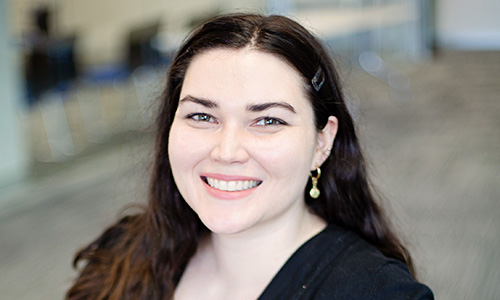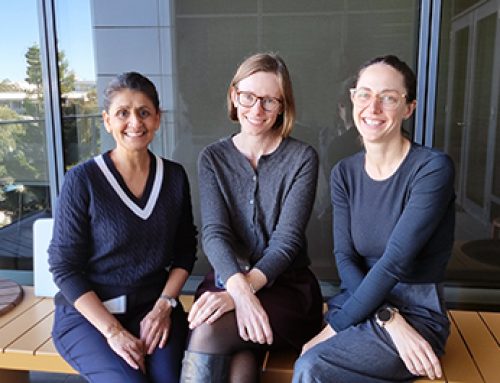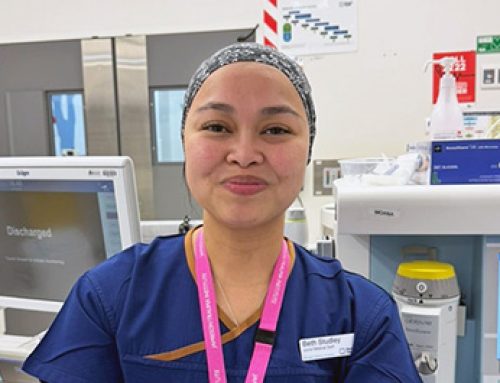Investigating opioid prescribing practices following spinal cord injury
By Sam Borg, AusHSI PhD Scholar

I have been involved in health service research for nearly 8 years, starting in 2013 as a research assistant after completing my Bachelor of Dietetics at QUT. My research project highlights include a randomised controlled trial aimed at improving the gap between primary and secondary care for people with complex type 2 diabetes, and my more recent research focusing on disability and rehabilitation populations. My experience has shown me the impact that health services research can have in improving the health system and patient outcomes. It has also been crucial in leading me to start my PhD with AusHSI.
My research explores opioid dispensing patterns for people with spinal cord injuries. Chronic and persistent pain following a spinal cord injury is extremely common, and heavily impacts an individual’s capacity to engage with work, daily and social activities. For this reason, pain management is typically a priority, and it is often managed pharmaceutically, including the prescribing of opioids. While we know a considerable amount about the increase in opioid use among the general population, research rarely addresses people with spinal cord injuries. My PhD aims to address this gap in knowledge.
My project comprises a mixed methods design. Data linkage will form a significant part of my research and will be largely facilitated by strong ties to the Jamieson Trauma Institute (JTI) in Metro North Health. Pharmacy opioid data will be used to understand how opioid medications are being dispensed to people in the two years after a spinal cord injury. Interviews will be conducted with key health providers, as well as people with a spinal cord injury, to explore their in-depth perspectives of opioid practices and the use of opioids in pain management. My research will present healthcare providers and policymakers with the knowledge needed to promote better health outcomes for people with spinal cord injury.
Through my involvement in research over the years, I’ve lost count of the number of times that I’ve been asked about undertaking a PhD. For me, it wasn’t a matter of if, but when; and finding the right fit for me was crucial. The incredible level of support I have received from my PhD supervisors, the staff at AusHSI and JTI and the amazing pool of higher degree research students has reinforced my decision to undertake my PhD with AusHSI. Commencing a PhD with experience in the research process has afforded me confidence in my approach to conducting my own project. I encourage anyone considering higher degree research to go through a range of experiences to find the right fit for them. I look forward to what the future of my PhD can bring and the connections and collaborations I can foster being surrounded by a fantastic group of researchers.







